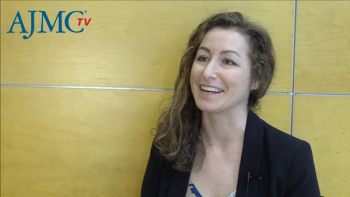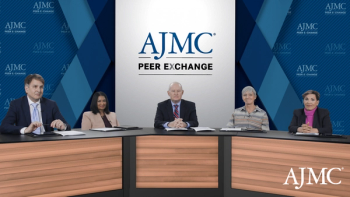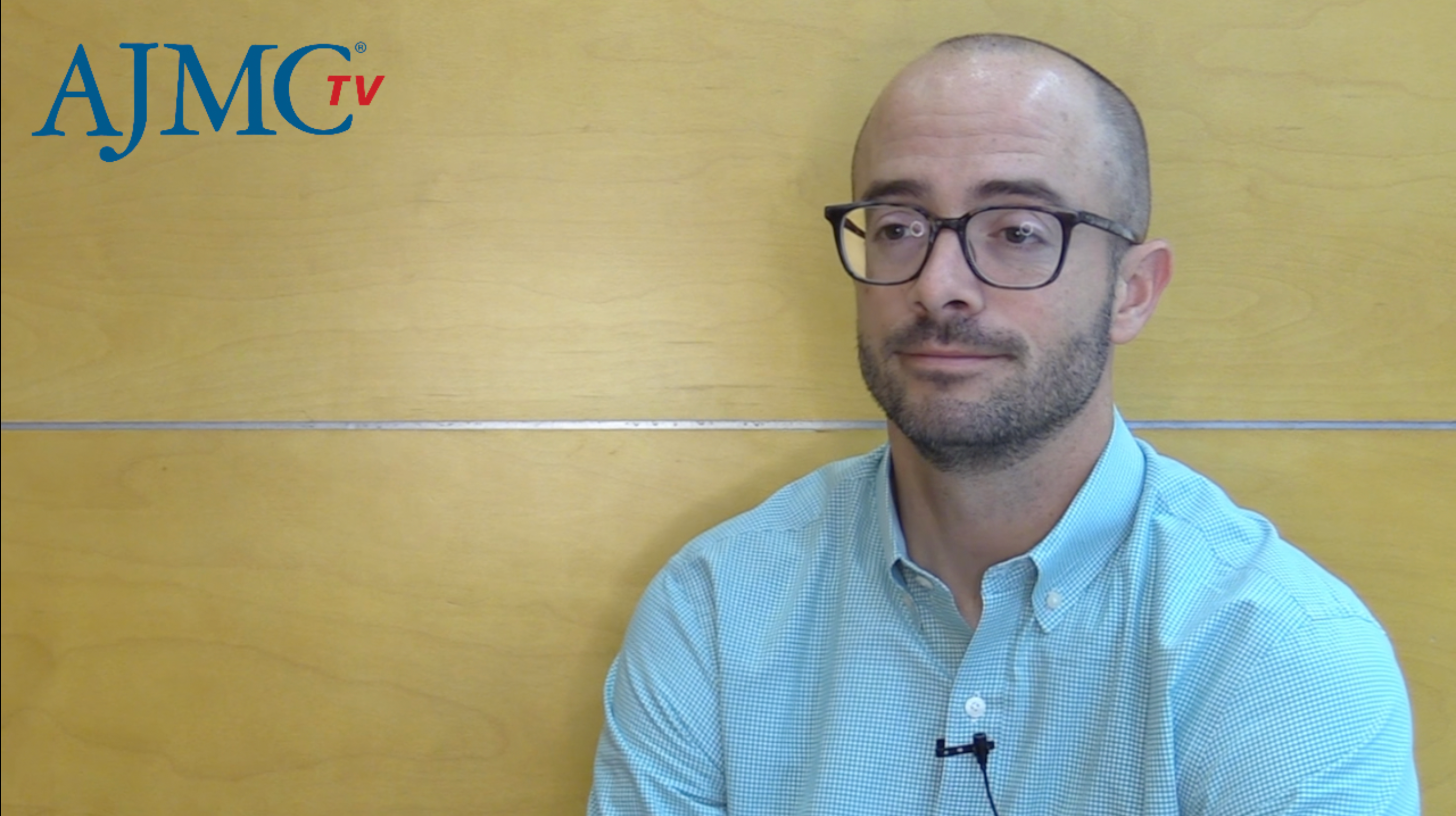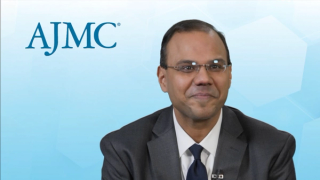
Clinical
Latest News
Latest Videos

More News

Bringing the bispecific T-cell engager into the frontline consolidation phase "redefines the standard of care" for patients with B-ALL, an investigator said.

The results of the 3-year follow-up show meaningful improvement in overall survival (OS) and progression-free survival (PFS) for tislelizumab plus chemotherapy compared with placebo plus chemotherapy.

Abstracts presented at the 2024 European Hematology Association Congress deliver results on regimens involving venetoclax for chronic lymphocytic leukemia (CLL).

Results presented at the 2024 European Hematology Association Congress suggest that chimeric antigen receptor (CAR) T-cell therapy can be feasibly and safely delivered in the outpatient setting as treatment for lymphoma.

Adolescent anterior cruciate ligament reconstruction surgery can preserve health and restore function of the knee joint, but the surgical cost has outpaced inflation.

Marta Rodríguez Martínez, PhD, sustainability officer of the European Molecular Biology Laboratory, highlights the primary sources of scientific research waste and how to reduce them.

At an Institute for Value-Based Medicine® (IVBM) event cohosted by The American Journal of Managed Care® and Sutter Health, experts illuminated the current state of cardiometabolic health care and offered a glimpse into the future.

Chesahna Kindred, MD, MBA, FAAD, board-certified dermatologist, Kindred Hair & Skin Center, discusses how diversity in clinical trials are helping bridge the racial health equity gap in psoriasis care.

Data from this new study suggest that tailoring induction therapy for acute myeloid leukemia (AML) based on cytarabine pharmacogenomic 10–single-nucleotide variant score could better treatment for these young patients, particularly those who are Black.

The most common treatment-related adverse events were injection site reactions, the study found.

The number of Americans with type 2 diabetes and/or obesity is rising, and the entry of therapies such as glucagon-like peptide-1 (GLP-1) receptor agonists has been revolutionary.

Researchers have identified a causal link between gut microbiota and myelodysplastic syndrome (MDS) risk, mediated by certain key immune cell phenotypes.

One patient died during this study, which used PET/CT, flow cytometry, and next-generation sequencing to define measurable residual disease negativity.

Migvis Monduy, MD, medical director of Neuromuscular and Movement Disorders Programs at Nicklaus Children's Hospital, discussed challenges in Duchenne muscular dystrophy (DMD) treatment access and how policy changes may support patients with DMD.

A real-world report showed the safety and efficacy of zanubrutinib after a community oncology practice replaced ibrutinib with the newer Bruton tyrosine kinase inhibitor on its formulary.

Misuse of soft mist inhalers (SMIs) is common among patients with chronic obstructive pulmonary disease (COPD), particularly those with low education levels, higher symptom scores, and a shorter disease duration.

There currently are no guidelines on how to treat this patient group, despite a high risk of mortality.

Patients receiving chlorthalidone had lower rates of major cardiovascular (CV) events and noncancer-related deaths vs those receiving hydrochlorothiazide.

The FDA granted the Regenerative Medicine Advanced Therapy (RMAT) designation after reviewing the phase 1 safety and efficacy data.

The proof-of-concept study also identified key metabolites that correlated with pulmonary fibrosis diagnosis and disease progression.

The TRITON study is evaluating tremelimumab/durvalumab/chemotherapy vs pembrolizumab/chemotherapy in non–small lung cancer (NSCLC) with STK11 and/or KEAP1 and/or KRAS mutations.

A comprehensive discussion on the value of therapies for Alzheimer disease based on cost vs outcome, and unmet needs in the overall treatment landscape.

Experts provide their perspectives on clinical factors taken into consideration when deciding on a treatment plan for a patient with Alzheimer disease.

Case reports and systematic review found the combination of surgery, chemotherapy, and radiotherapy can effectively manage diffuse large B-cell lymphoma (DLBCL) associated with papillary thyroid carcinoma.

Idiopathic pulmonary fibrosis (IPF), chronic obstructive pulmonary disease (COPD) and other interstitial lung diseases are more significantly associated with poor 30-day outcomes from COVID-19 compared with asthma.














